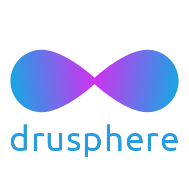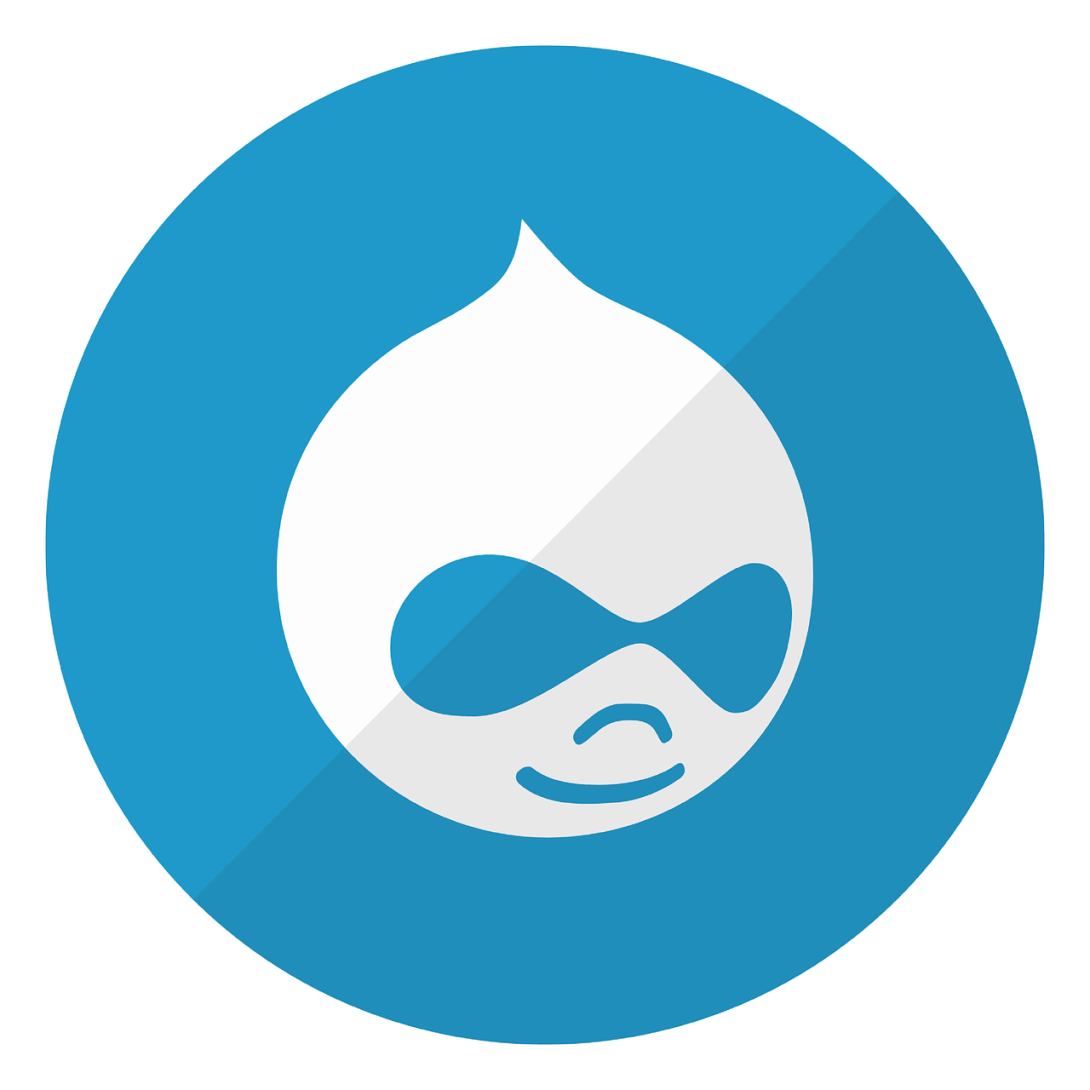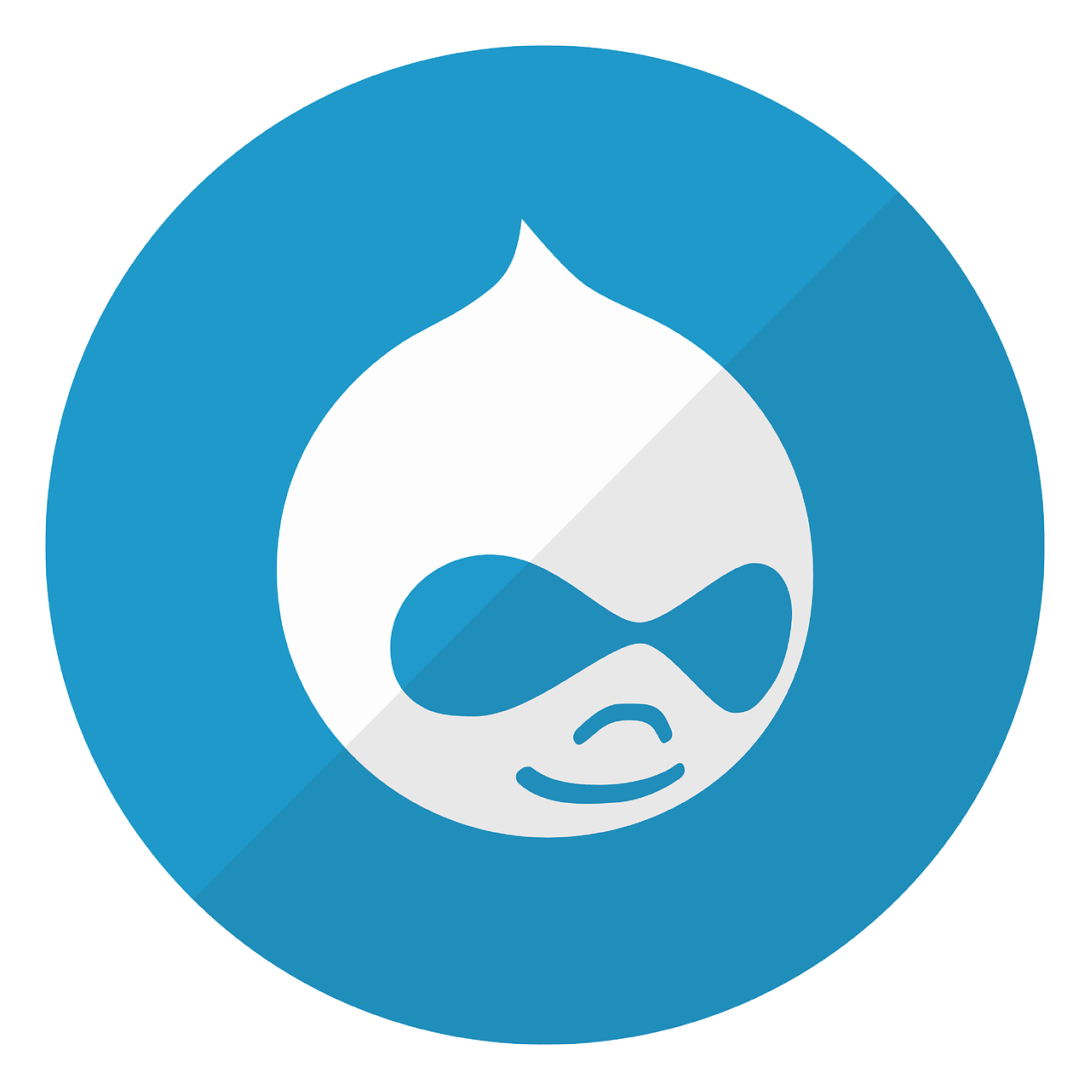Introduction
A Bit of Drupal History: Product or Framework?
In the realm of web development, the distinction between a "product" and a "framework" plays a crucial role in determining the approach taken by developers and the usability of the platform. In the context of Drupal, these two concepts represent divergent paths in how the platform is utilized and who it caters to.
Product vs. Framework in Drupal
A product in the Drupal landscape signifies a pre-packaged solution that empowers users to construct and manage websites with minimal technical expertise. It focuses on delivering a refined, user-friendly experience that enables non-developers, like content editors or small organizations, to effortlessly create and maintain a web presence without delving into the intricacies of code. The emphasis is on making Drupal accessible and user-friendly out-of-the-box, featuring intuitive interfaces and pre-configured options.
On the contrary, a framework serves as a toolkit for developers, providing them with the foundational elements to craft highly customized and intricate web applications. Designed for flexibility, a framework allows developers to build anything from basic websites to complex systems tailored to specific requirements. However, this approach often necessitates a deeper understanding of web development and can be more resource-intensive to implement and manage.
Evolution of Drupal's Approach
Historically, Drupal has undergone a transition from being perceived as a product to embracing its identity as a framework. Initially, the focus was on simplifying web development processes for non-technical users, as reflected in the slogan "Kill the Webmaster." This ethos aimed to democratize website creation, making it feasible for a broader audience, including small organizations, to establish their online presence without extensive technical knowledge.
As Drupal progressed, especially with the development of Drupal 8, there emerged a shift towards a more framework-oriented approach, known as "small core." This shift was partly driven by the requirements of developers and larger organizations seeking to build intricate, customized solutions. While this transformation enhanced Drupal's capabilities for skilled users, it also posed challenges for smaller entities, making it more daunting to utilize Drupal without specialized expertise.
Fast Forward to Today
In the contemporary digital landscape, marked by rapid technological advancements, Drupal has evolved significantly from its earlier iterations. With the recent release of Drupal 11, the platform has matured into a robust framework, offering a blend of versatility and functionality. Despite the prevalence of alternative platforms like Wordpress, Drupal continues to carve its niche by combining the strengths of a framework with the ease of a product-oriented approach.
Stay tuned for the subsequent stages of this case study to delve deeper into the transformative journey of Drupal and the innovative solutions it offers to meet the diverse needs of digital projects.
Unlock your organization's potential with Drusphere's expert Drupal solutions—let's elevate your digital presence together! Schedule your free consultation today: /node/1
Fast Forward to Today
The Internet has evolved a lot since the introduction of Drupal 8. But then, so has Drupal itself.
Part of the development of Drupal 8 included leveraging the test suite (largely introduced with Drupal 7) to basically rip out and replace a lot of Drupal’s own internals, and make them more object-oriented. This, in turn, was intended to make the upgrade cycle from one major version to the next less painful. It is true that the upgrade process from Drupal 7 to 8 was a very significant lift, but, from Drupal 8 onward, upgrades have been rendered almost trivial!
Today, with the recent release of Drupal 11, the vast majority of that movement away from that Drupal 7 world has occurred within Drupal itself, but a significant number of Drupal sites are still on Drupal 7. In parallel, we’ve seen an explosion in the popularity of comparable projects like Wordpress, which takes that product approach and runs with it.
Now that Drupal core has evolved into the powerful framework it is today, the community is no longer faced with an either-or choice. We can, in fact, have our cake (Drupal core) and eat it (Starshot) too.
Starshot: Blending Framework Rigor with Low-Code Ease
Recently, Consensus colleagues Dan Friedman and Brian Sharpe had the chance to talk at DrupalCamp Ottawa about the promise of Starshot. Starshot represents a shift in the Framework-vs-Product conversation, bringing the best of Drupal’s framework into the product development arena. We see this as an opportunity for Drupal to say to those smaller organizations: “We’re going to build something that works for you, for the skillset that you actually have.” In short, “Kill the Webmaster” has become “Low Code/No Code”.
We think this turn toward simplicity and product focus provides some very exciting opportunities.
Automatic Updates will provide an upgrade process that doesn’t require an entire devops team to keep running. Behind the scenes, the Drupal infrastructure team is integrating software supply chain security into their packaging pipeline. The Drupal Association has sponsored the development of a Composer plugin and Rugged, the server-side component developed primarily by our colleague, Christopher Gervais. As a result, out-of-the-box Starshot (and Drupal 11) will provide users the confidence that the software they have requested is in fact the software they are receiving.
Project Browser will allow users to manage installed modules and themes. Because this involves downloading new code into a running site, it has the potential to be insecure. Here at Consensus, we’re also developing Aegir 5, a self-hosting platform in which it will be relatively simple for the user to temporarily grant access for this task, then re-secure the site, from outside of Drupal itself. Other hosting providers will likely follow suit.
Drupal core will be free to streamline the “framework” even further. Its modular approach allows us to selectively enable only the components we need, like choosing not to use Node when it’s unnecessary. This gives us the flexibility to build custom tools and configurations without relying on every part of the traditional Drupal components, tailoring the CMS precisely to our needs.
Drupal as a Product Development Platform
Most of the previous items are “behind the scenes:” folks responsible for maintaining a site wouldn’t normally interact with most of them on a regular basis. Where things start to get really interesting is in seeing Drupal itself as a product development platform.
Typically, a Drupal site is made up of:
- Drupal Core, providing base functionality;
- Community contributed modules, providing additional functionality; and,
- Themes, granting control over the site’s look and feel.
Install profiles, which do all of the initial setup, get us to the point where we have a site that “does a particular thing” – they have always been the thing that we think of at Consensus when we think of a Drupal site being a particular application. But, there are a set of limitations on install profiles that have, historically, held Drupal back from being a product-oriented platform. For example, crucially, once you have installed a site using a certain profile, you can’t shift to a new one (via profiles alone – you need to involve migrations, or other mechanisms). So, if you offer a service that has Bronze, Silver and Gold packages, you can’t move a given client site from one “level” to the next via install profiles alone. They don’t, by themselves, provide a long-term maintenance or sequential migration strategy for any given web site “product.”
In the course of various development projects at Consensus, we’ve had to come up with strategies for automating import/creation of various classes of data, including demo content, default content, test content, and so on. So we’re excited by Recipes that provide simplified content import, among other “low-code” (YAML only) interventions. This provides possibilities for getting past the limitations of install profiles.
Another interesting inclusion in Starshot is the notion of a single-directory application, that further integrates 3rd party tools (javascript libraries, and so on) into a Drupal application, with minimal developer intervention.
All in all, we see Starshot as a tremendously exciting and fascinating next step in Drupal’s evolution toward a product development platform. We look forward to supporting it, both through our ongoing work with the Drupal Association, and our continued work on Aegir 5.
Unlock your organization's potential with Drusphere's expert Drupal solutions—let's build your success story together! Schedule your free consultation today: /node/1
Conclusion
Drupal's journey from a product-centric approach to a more framework-oriented perspective has been a pivotal evolution in its history. The dichotomy between being a user-friendly product and a developer-centric framework has shaped the platform's identity and usage over the years. While the initial focus was on democratizing website creation for non-technical users, the shift towards a framework model catered to the needs of developers and larger organizations seeking custom solutions.
Fast forward to today, with the release of Drupal 11 and the emergence of projects like Starshot, Drupal has found a balance between its product and framework aspects. Starshot, in particular, represents a significant milestone in blending the rigor of a framework with the ease of low-code development, offering exciting opportunities for users of all skill levels. The emphasis on simplicity, automatic updates, and streamlined core functionalities underscores Drupal's commitment to providing a versatile and user-friendly platform.
Looking ahead, Drupal's role as a product development platform continues to evolve, with initiatives like Recipes and single-directory applications expanding its capabilities. The integration of third-party tools and the focus on content import further enhance Drupal's potential as a comprehensive solution for digital projects. As Drupal enthusiasts and advocates of open-source technology, Consensus Enterprises is dedicated to supporting and leveraging these advancements to help clients achieve their digital goals effectively and innovatively.
Consult with an expert for free.



